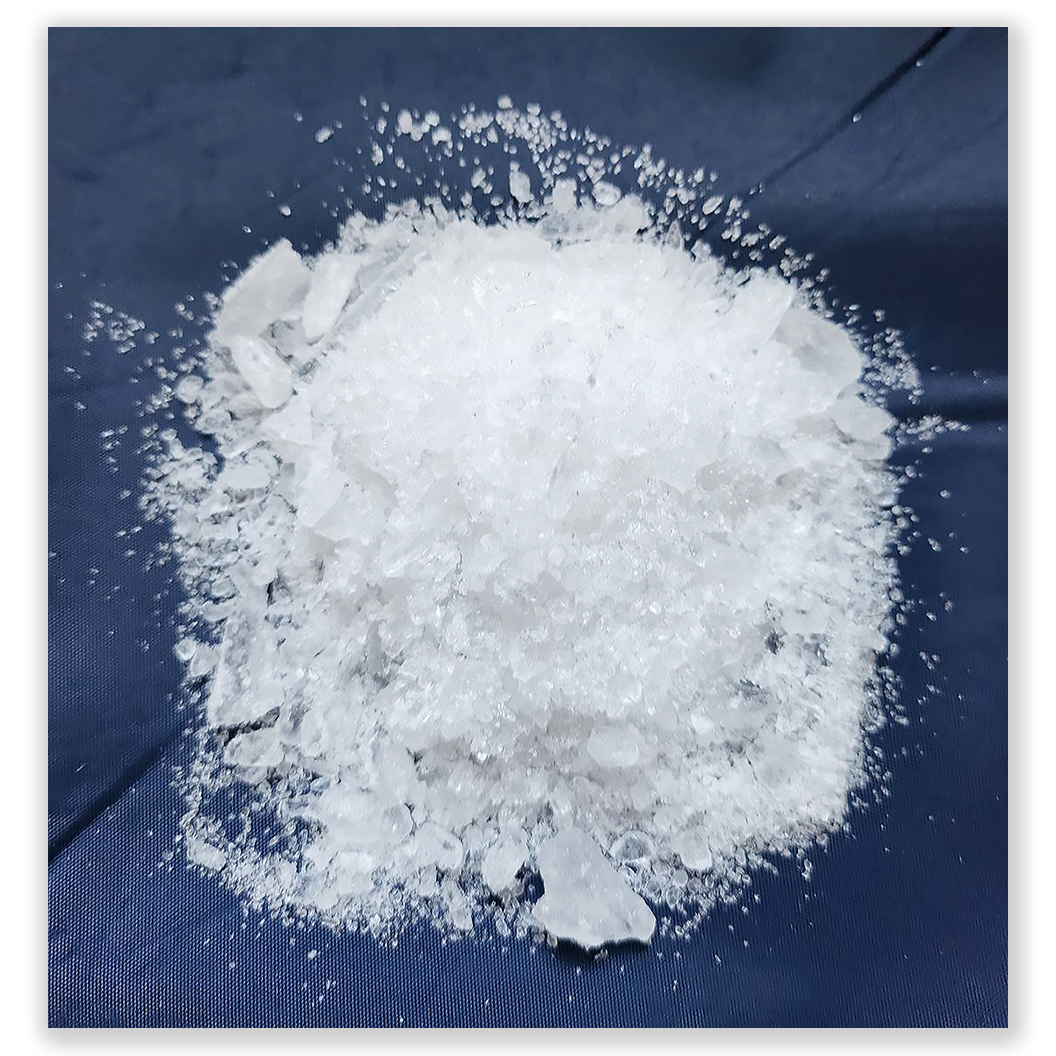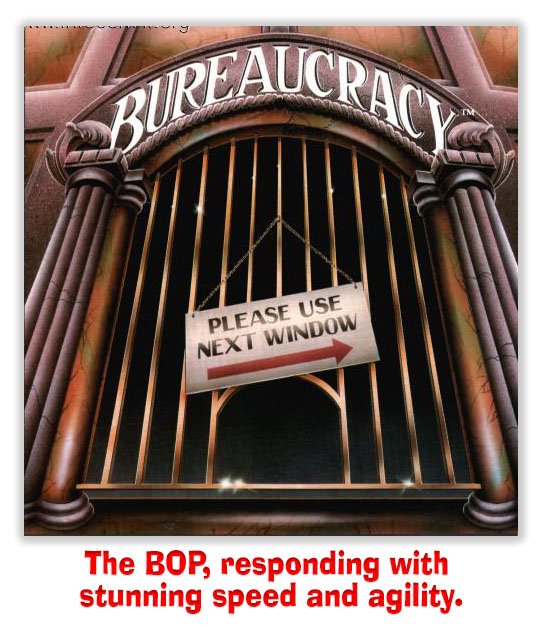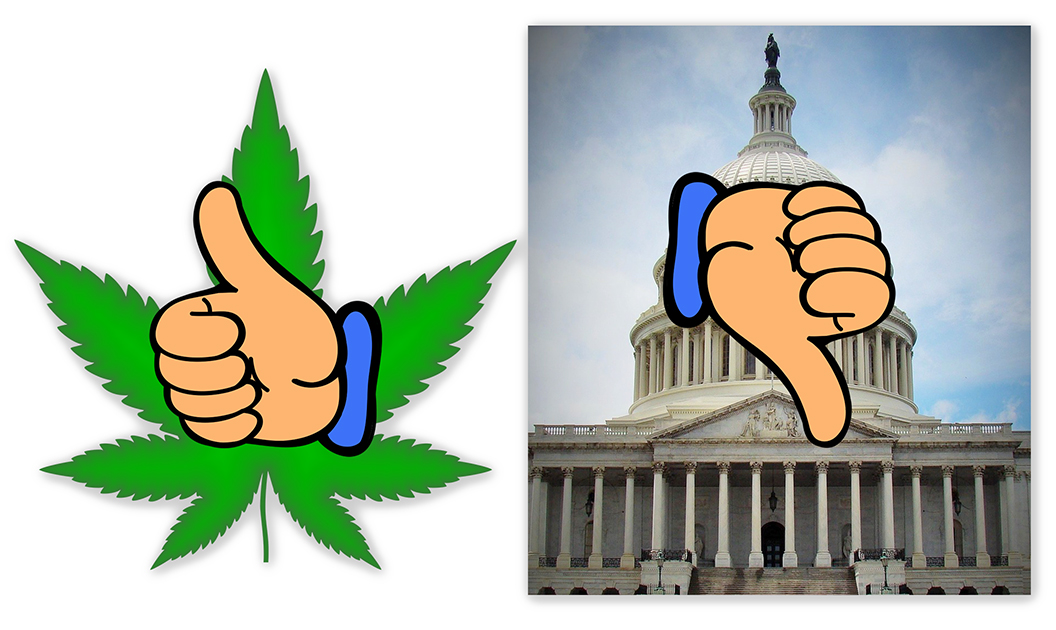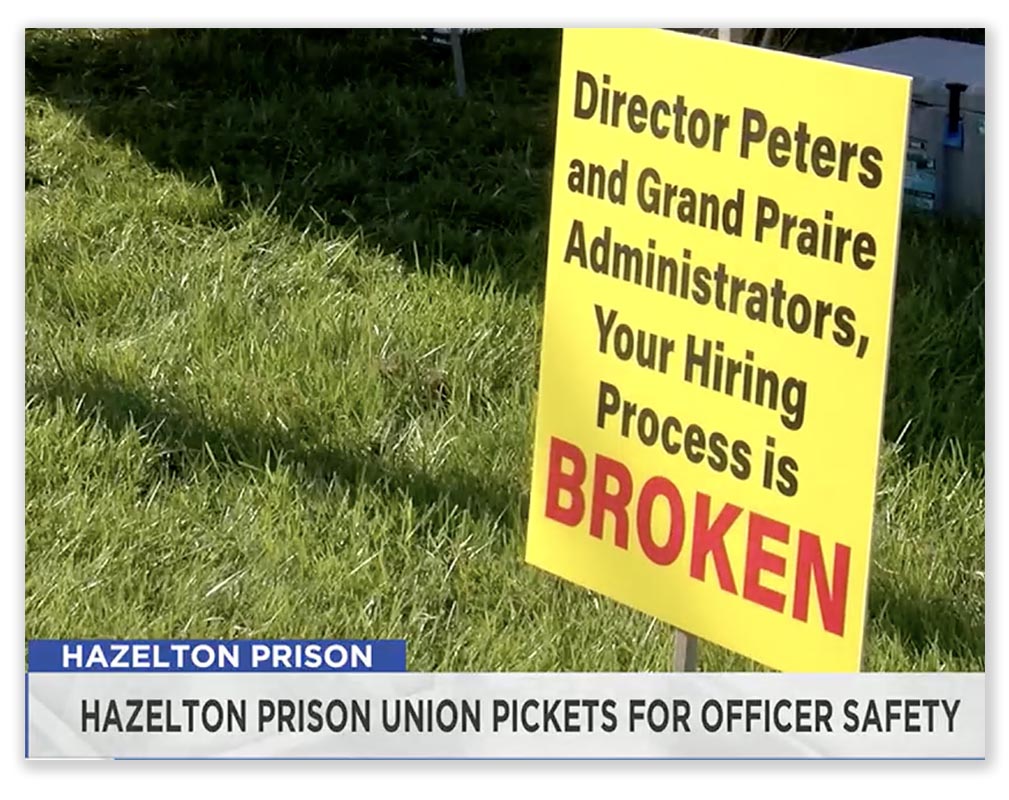We post news and comment on federal criminal justice issues, focused primarily on trial and post-conviction matters, legislative initiatives, and sentencing issues.

THE FUTURE OF EVERYTHING
Donald Trump, a guy readers have a lot of common with – felony convictions – has been elected as the 47th President of the United States. Last week, I had more than a few emails from prisoners excited about his election.
 I am not sure why, but at the same time, I am not sure that his re-election is bad for prisoners. Trump loved using private prisons (their stock jumped an average of 37% last week) and putting federal prisoners to death. In July 2020, he resumed federal executions for the first time in 17 years, killing 13 federal prisoners in six months. However, Trump also signed the First Step Act, the biggest piece of federal criminal justice reform in over 50 years, if not ever.
I am not sure why, but at the same time, I am not sure that his re-election is bad for prisoners. Trump loved using private prisons (their stock jumped an average of 37% last week) and putting federal prisoners to death. In July 2020, he resumed federal executions for the first time in 17 years, killing 13 federal prisoners in six months. However, Trump also signed the First Step Act, the biggest piece of federal criminal justice reform in over 50 years, if not ever.
Trump is a wild card. A lot of what happens on anything “will depend on his priorities or even whims,” as The Reload put it last weekend. Trump officials from his last administration told the Washington Post that Trump initially refused to support the initiative but changed his mind only after senior aides predicted it would better his standing in 2020 among Black voters. “Months later,” the Post reported, “when that failed to materialize, Trump ‘went shithouse crazy,’ one former official said, yelling at aides, ‘Why the hell did I do that?’”
So what do the next four years hold for criminal justice reform and the Federal Bureau of Prisons?
Yesterday, we considered Trump and firearms. Today, it’s marijuana and drugs, followed by sentence reform and clemency tomorrow, and the BOP on Friday.
THE FUTURE OF MARIJUANA
 For fifty years, the federal government had classified marijuana as more dangerous than opium and fentanyl.
For fifty years, the federal government had classified marijuana as more dangerous than opium and fentanyl.
Not anymore: President Biden’s directive two years ago that pot be rescheduled led to a recommendation last spring from Dept of Health and Human Services that marijuana be reclassified as a Schedule 3 drug, down from Schedule 1. The Drug Enforcement Administration has a hearing set for Dec 2 on the proposal and will probably agree. The New Republic said that “Biden’s actions represent what most constitutional scholars agree is the most a president can do.”
On the campaign trail, Trump at several points called for the death penalty for drug dealers, but then endorsed a Florida marijuana legalization ballot initiative (that failed to pass). “As we legalize it (marijuana) throughout the country, whether that’s a good thing or a bad thing, it’s awfully hard to have people all over the jails that are in jail right now for something that’s legal,” Trump said last August. In an online post, Trump said, “I believe it is time to end needless arrests and incarcerations of adults for small amounts of marijuana for personal use.”
Marijuana Moment said last week, “Whether that stated support will translate into action on reform legislation after Trump takes office in January is uncertain.” Republicans will control both houses of Congress, meaning that within reason, Trump can have what he wants. How his epiphany on marijuana will square with his harsh rhetoric on punishing drug dealers has yet to be seen.
 Generally, last week was unkind to marijuana reform efforts in the states, with four states refusing to pass liberalization laws and another – California – and California voters overwhelmingly approving an initiative that restores felony penalties for some drug possession offenses.
Generally, last week was unkind to marijuana reform efforts in the states, with four states refusing to pass liberalization laws and another – California – and California voters overwhelmingly approving an initiative that restores felony penalties for some drug possession offenses.
“These disappointing developments suggest that the collapse of pot prohibition is slowing,” Reason reported late last week, “that the road to broader pharmacological freedom will be bumpier than reformers hoped, and that the punitive mentality of the war on drugs still appeals to many Americans, even in blue states.”
The New Republic, How the Democrats Blew Their Political Advantage on Legal Weed (November 4, 2024)
USA Today, Does Donald Trump want to legalize weed? Here’s where he stands on marijuana legislation (November 5, 2024)
Marijuana Moment, What Donald Trump’s Presidential Election Means For Marijuana Reform (November 6, 2024)
Reason, This Week’s Election Results Are a Discouraging Sign for Drug Policy Reformers (November 6, 2024)
– Thomas L. Root



















